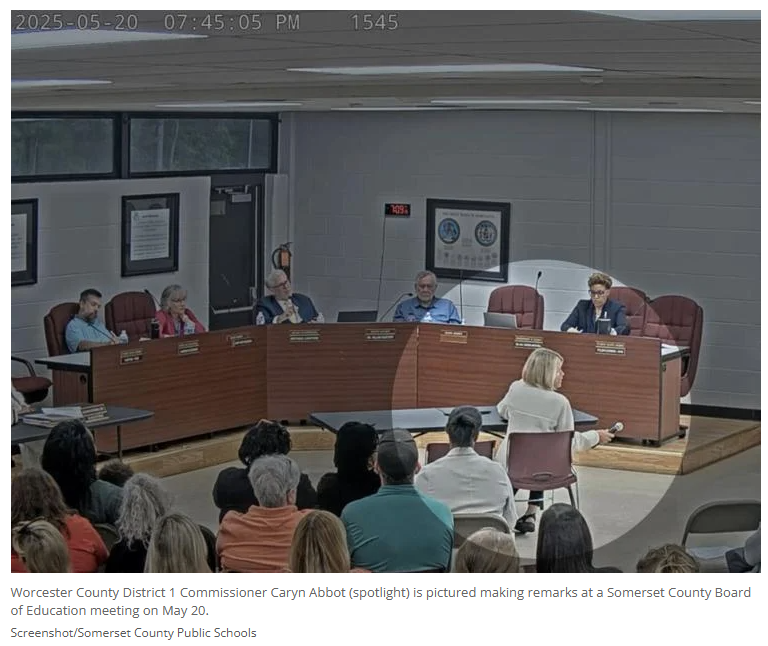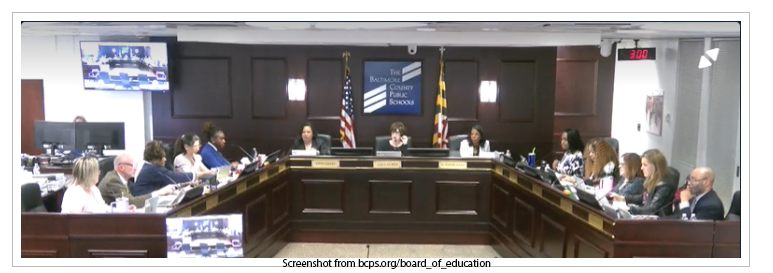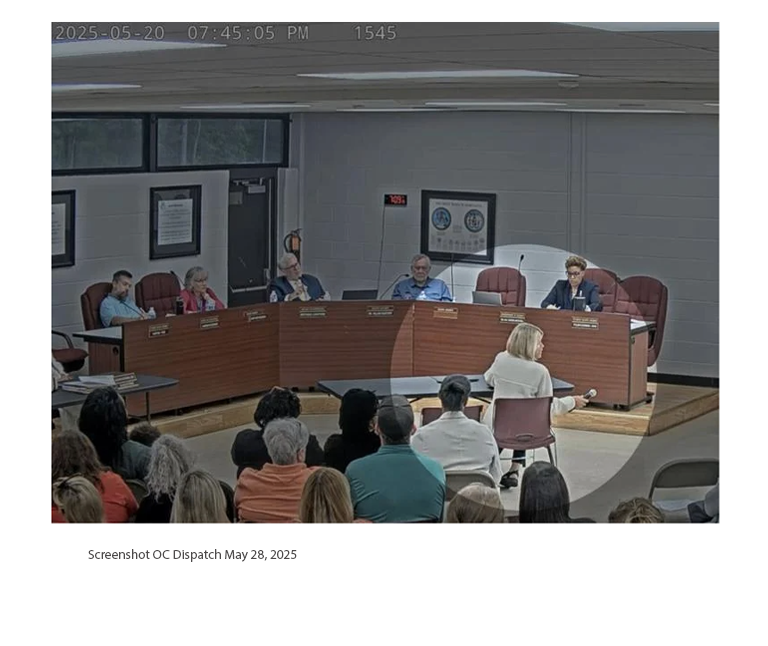
Gen Z: We Are Struggling With Mental Health, But Our Grades Are Good
Ask an adolescent or young adult what their hopes are for the future and the answer may surprise you in its simplicity: Seven out of 10 say that their biggest hope is to earn enough money to live comfortably.
But there are barriers to members of this generation excelling in school and eventually achieving that dream. Fewer than half of Gen Z describe themselves as feeling prepared for their future or thriving in their lives today. And more than six in 10 members of this generation cite financial resources or funding options as being a barrier to achieving their future goals—more than any other potential obstacle.
Despite that, Gen Zers—people born between 1997 and 2011—remain optimistic both about their current academic performance and their future prospects.
“So much of the conversation is through that lens that Gen Z is the ‘who cares?’ generation, the nihilist generation, the checked-out generation, and we just don’t see any evidence of that in the survey,” said Zach Hrynowski, an education research consultant at Gallup. “What we actually see is that they are invested and hopeful in their future, they just don’t have the confidence that they have the skills they need right now to get there.”
These numbers come from a Gallup survey of more than 3,000 12- to 26-year-olds living in all 50 states and the District of Columbia. This is part of an ongoing project spearheaded by Gallup and the Walton Family Foundation to study the experiences of Gen Z.
Mental health remains a major challenge to students
The data is another sobering reminder of the mental health struggles today’s adolescents and young adults say they are dealing with. A little more than a third of Gen Z rated their mental health and emotional wellbeing as “poor” or “only fair.” And while people in all generations are experiencing declining mental health, Gen Z is fairing worse than older generations—according to separate surveys of older adults conducted by Gallup. Gen Z is more likely to report feeling anxious, stressed, sad, and lonely than members of older generations.
This all matters for academic achievement: the middle and high school students in the survey who said their mental health is excellent were more than twice as likely to say they get excellent grades in school compared with students who rated their mental health as fair or poor.
The state of Gen Z’s overall mental health can’t just be chalked up to age or a developmental stage. In 2004, 55 percent of 18- to 26-year-olds, which included both millennials and members of Gen X for whom Gallup has historical polling data on, rated their mental health as “excellent.” In 2013, 52 percent of millennials in that same age range rated their mental health as “excellent.” Compare that with just 20 percent of 18- to 26-year-olds who say the same today.
Meanwhile, only 47 percent of Gen Z Americans say they are thriving—which is significantly lower than the percentage of millennials, Generation X, and Baby Boomers who report they are thriving.
Here again, Gen Z appears to be struggling more than millennials surveyed a decade ago. Gallup measures a person’s level of thriving based on how they rate their current and future lives on a 10-point scale. And by Gallup’s calculation, millennials—or at least a subset of them—were doing much better when this age group was surveyed back in 2009 and 2014 than today’s Gen Z. In both of those years, about 60 percent of 18- to 26-year-olds were rated as thriving, compared to 41 percent for 18- to 26-year-olds today.
Gen Z is optimistic—perhaps a little too much
When the survey asked if they feel prepared for the future, only 44 percent of Gen Z strongly agreed. Roughly a third say their school offers opportunities to learn how to apply and interview for a job, or work on projects relevant to the job they want.
While 62 percent of middle and high school students in the survey say that each day in school they are learning things that prepare them for the future, only 16 percent say they strongly agree with that statement, Hrynowski pointed out.
There’s also a lot of room for interpretation in that question, he said, if the responses to it seem to contradict some of the survey’s other findings.
“The question about learning things that are preparing you for the future, that’s broad enough that it could be, ‘well, I’m learning math and I think I’ll need to do math in the future,’” he said.
In addition to not feeling prepared, many in Gen Z are worried about having the money they need to achieve their goals. Sixty-four percent list financial resources or funding options as a barrier to reaching their aspirations. Of those adolescents and young adults who want to attend college, only half believe they will be able to afford it.
Despite all of those concerns, Gen Z is nothing if not optimistic. Eighty-two percent say they believe they will achieve their goals, 76 percent agree that they have a great future ahead of them, and 66 percent feel they can eventually nab their dream job.
This somewhat surprising level of optimism among adolescents, even in light of the serious challenges they say they face, could be a feature of their youth and also a quirk of the survey sample, said Hrynowski.
“I hesitate to say it’s blind faith, but there is very clearly this dichotomy,” he said. “So, they think, as probably most of us did, myself as a sample of one included thought I was going to get a good job after I graduated college. Turns out I didn’t, but I thought I was going to.”
The survey also covers a wide age range—12- to 26-year-olds—and Hrynowski said that members of Gen Z who are at the beginning and the end of that cohort are most optimistic.
It’s the 18-year-olds on the precipice of adulthood who feel the least prepared and least optimistic, he said.
Members of Gen Z are also confident that they’re excelling academically: 74 percent of middle and high school students in the survey describe the grades they’re getting as either excellent or good. That’s despite a lot of evidence to the contrary that students’ academic achievement is lagging far behind where their peers were before the pandemic.
Other research has found that many parents are also underestimating how devastating the pandemic has been on students’ learning.
Dig Deeper With Our Longreads
Newsletter Sign up to get our best longform features, investigations, and thought-provoking essays, in your inbox every Sunday.
The MEN was founded by John Huber in the fall of 2020. It was founded to provide a platform for expert opinion and commentary on current issues that directly or indirectly affect education. All opinions are valued and accepted providing they are expressed in a professional manner. The Maryland Education Network consists of Blogs, Videos, and other interaction among the K-12 community.








